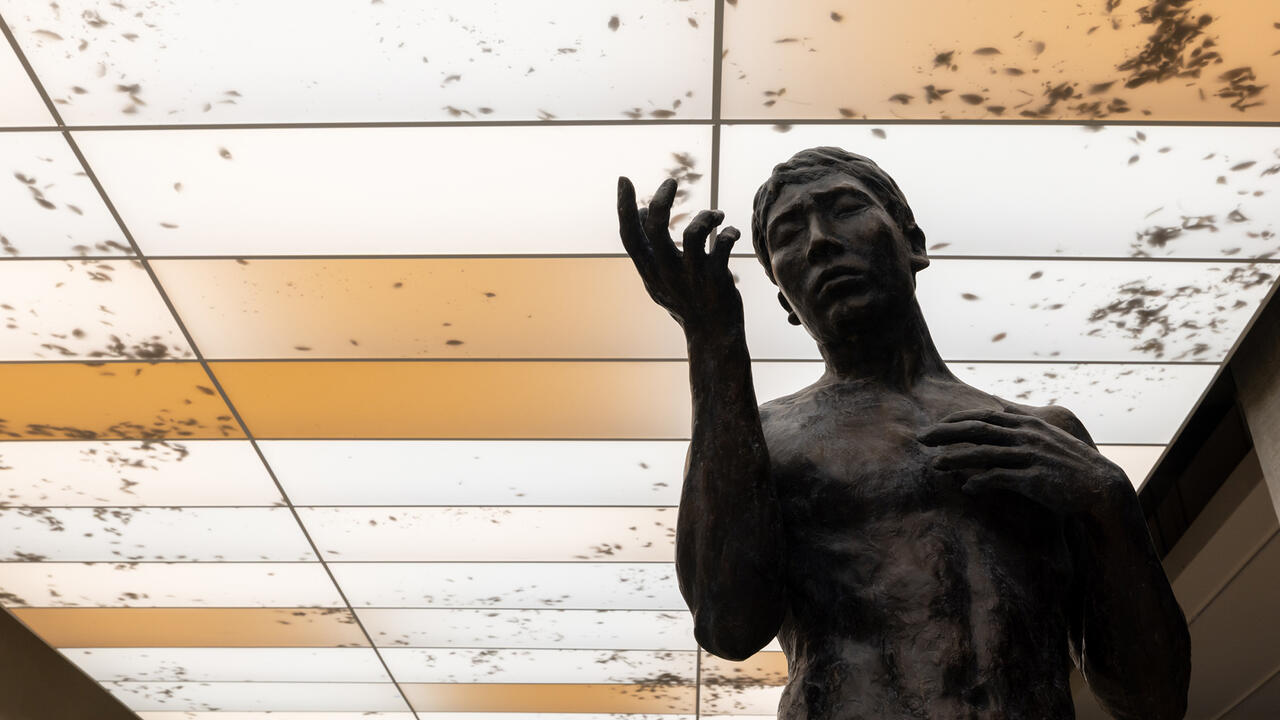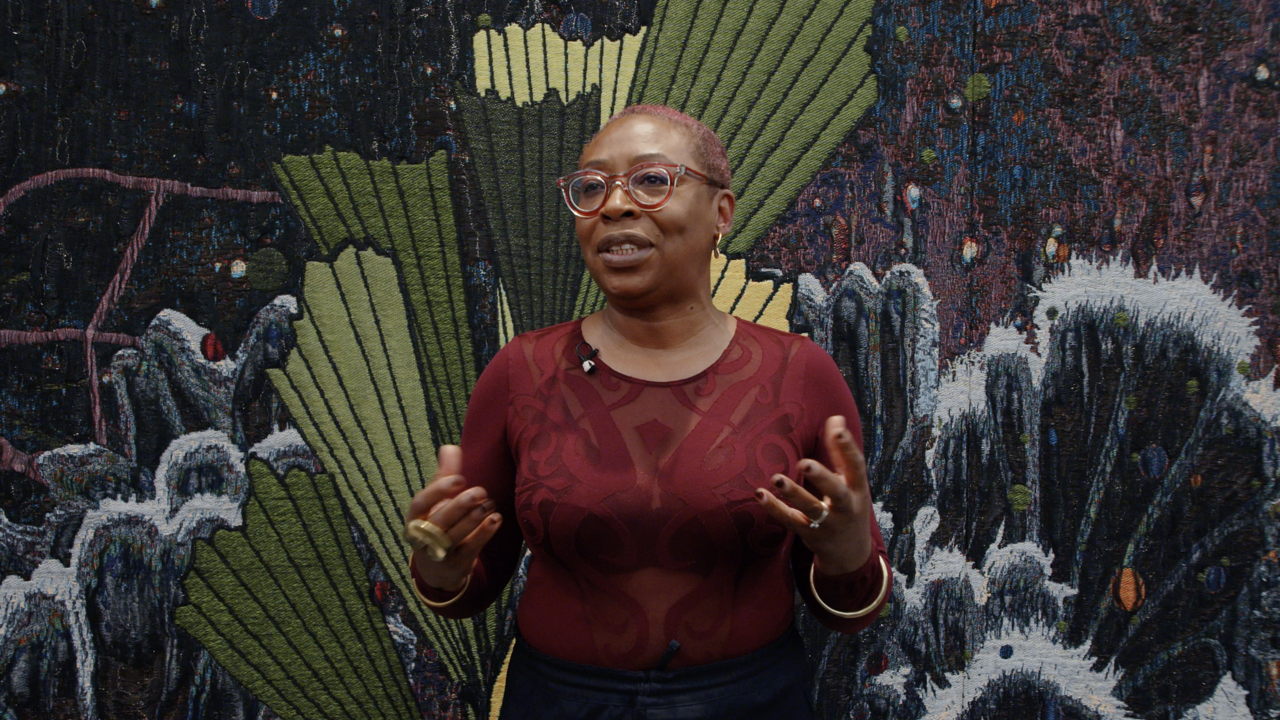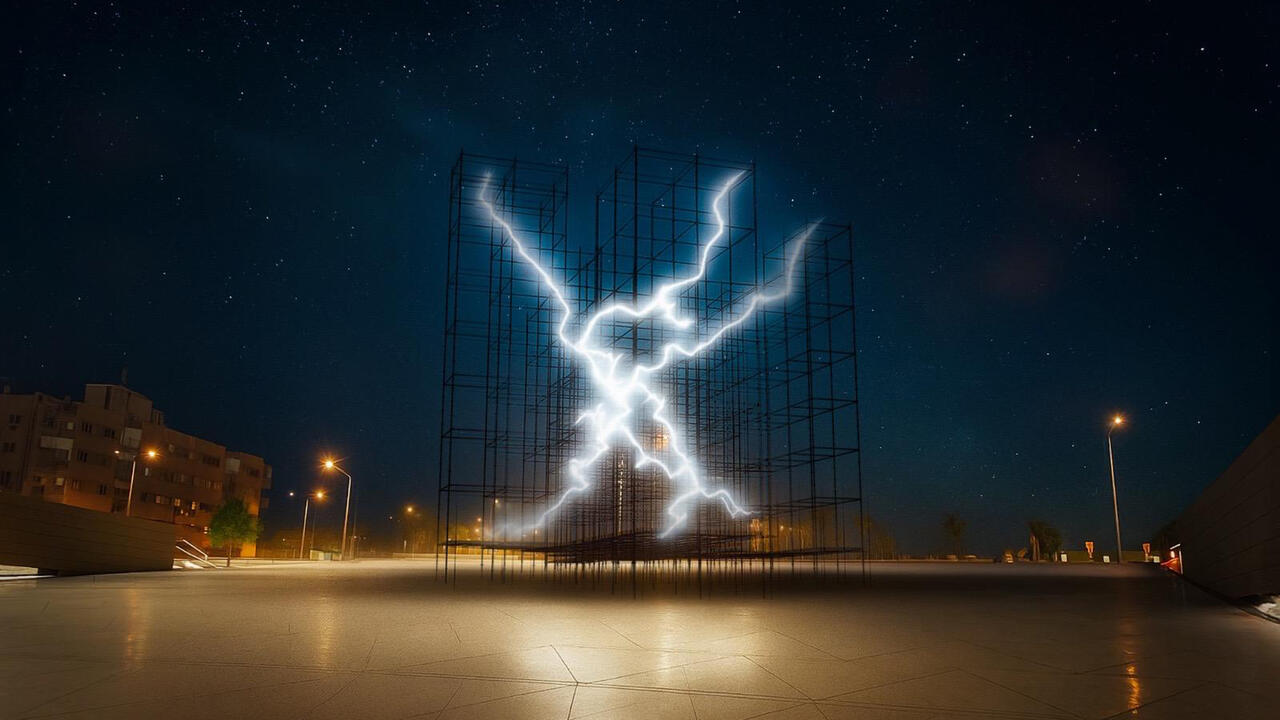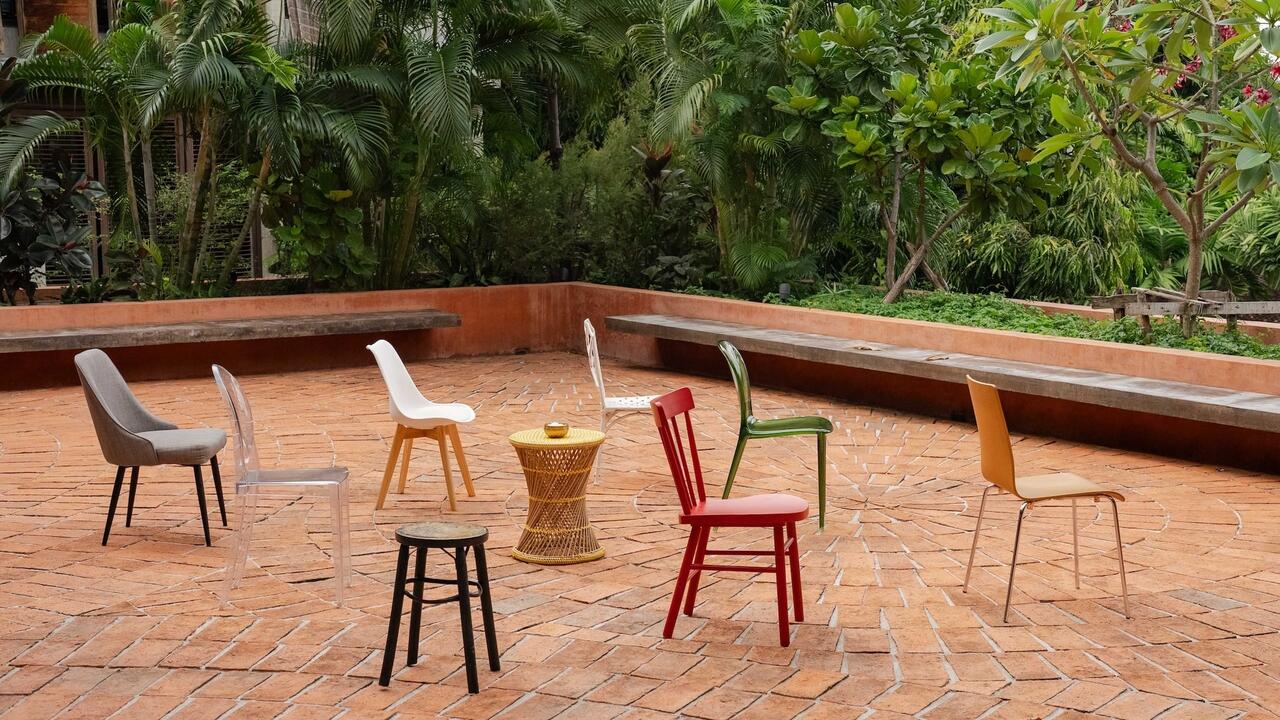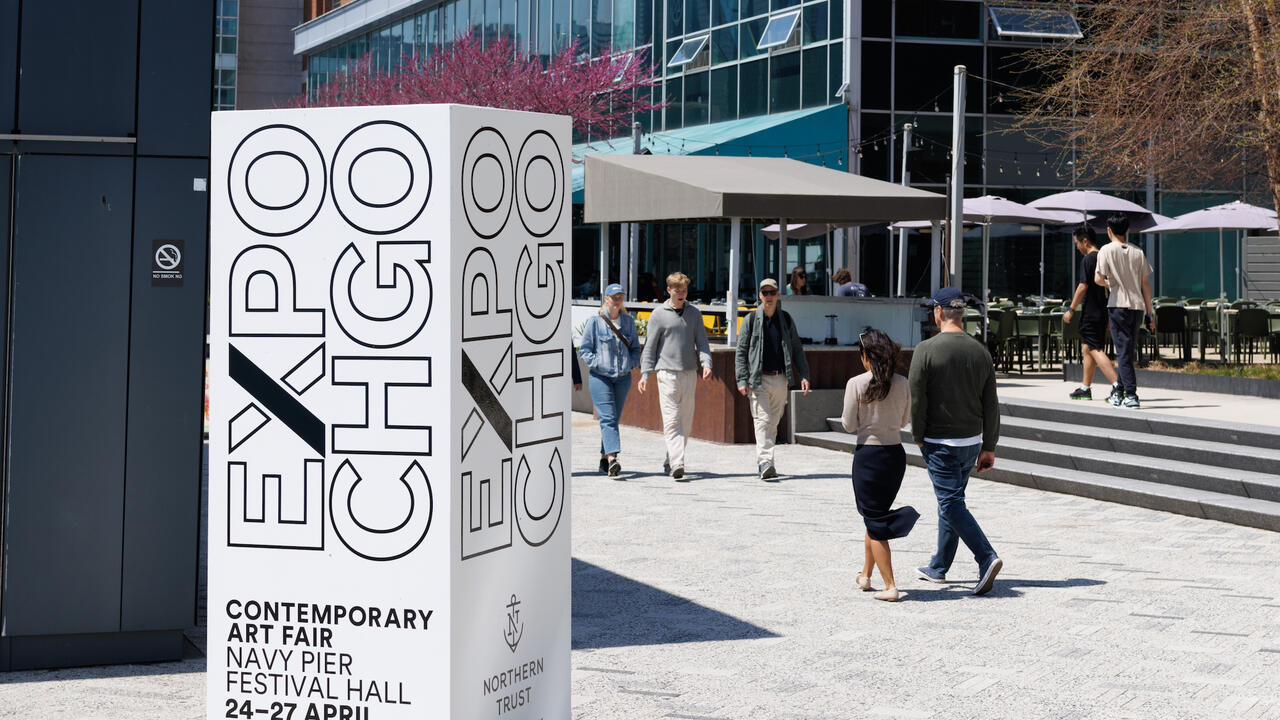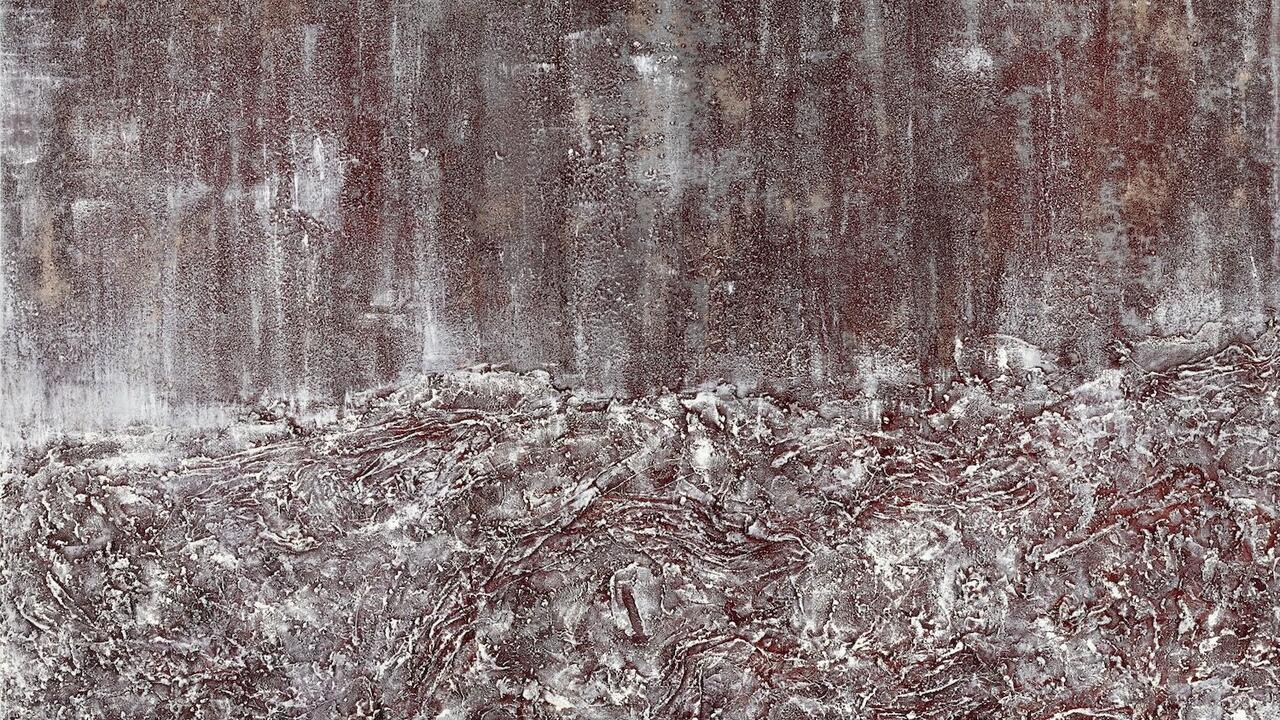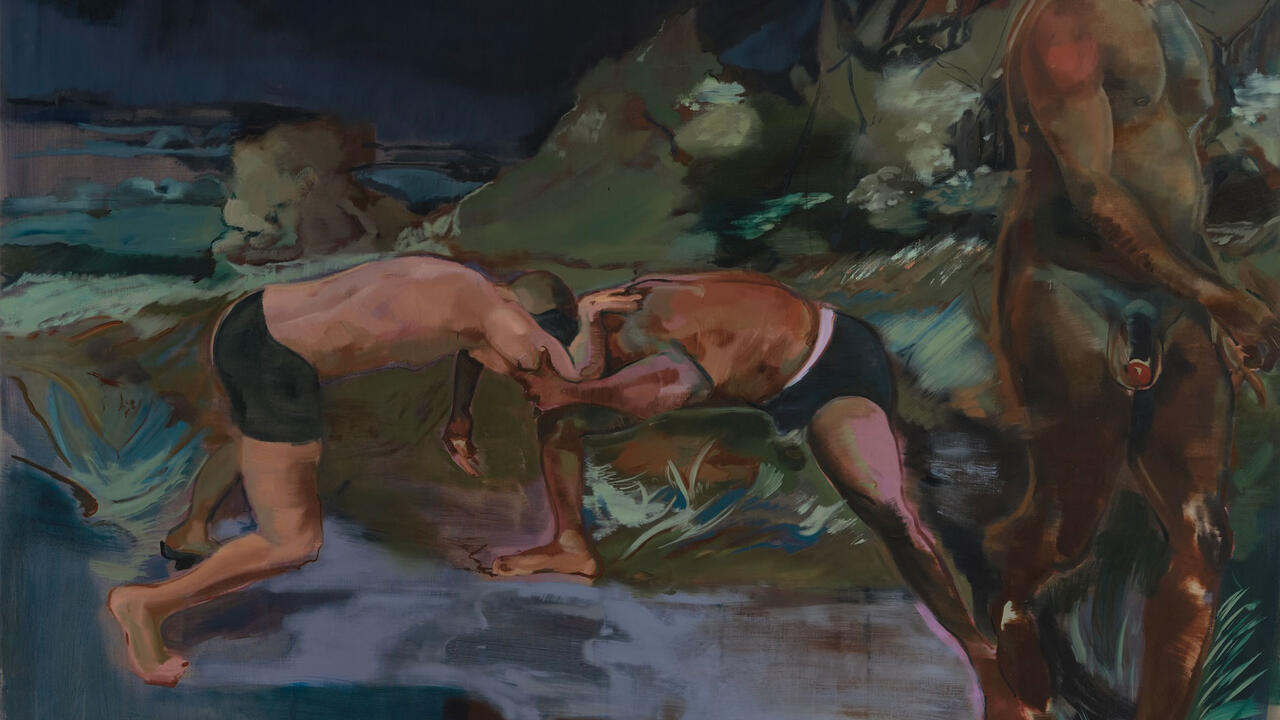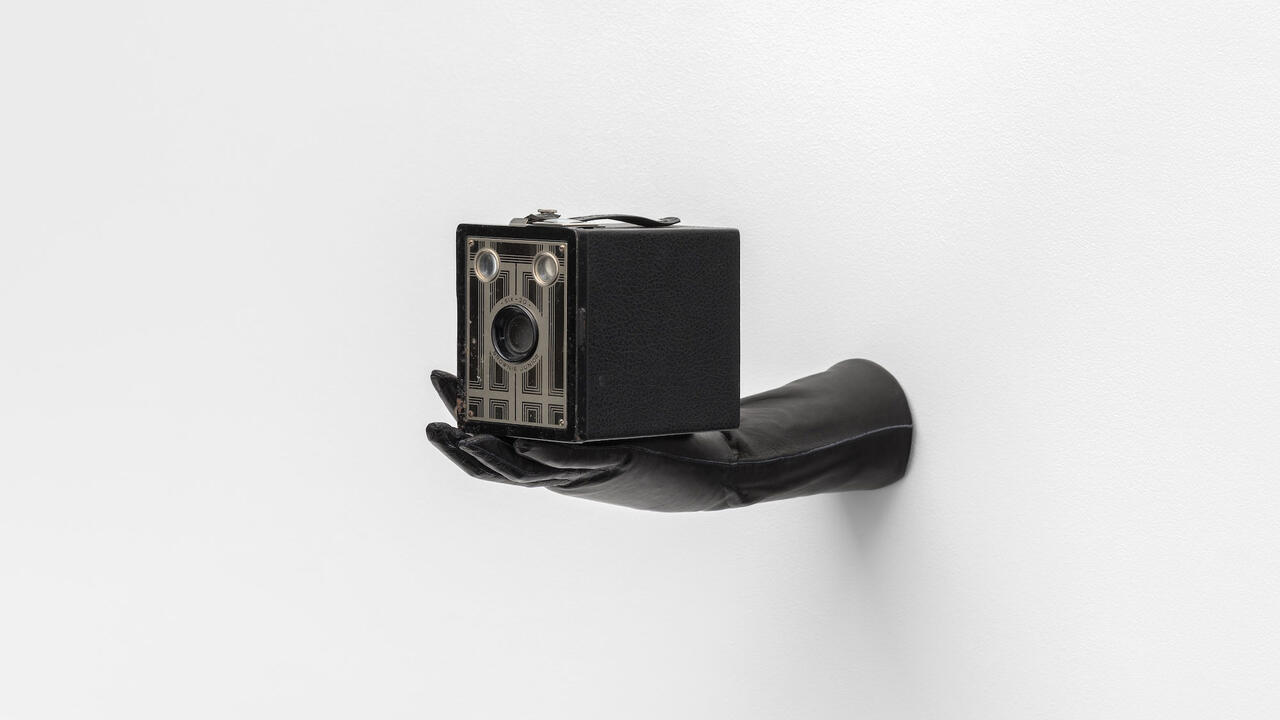Manuel Göttsching’s Official Birthday Party
Watergate, Berlin, Germany
Watergate, Berlin, Germany

There are some days in life when everything works out perfectly. For Manuel Göttsching, 12 December 1981 was just such a day. At the end of a tour, the Berlin-born musician sat down in his studio, just for the fun of it. He wired up his synthesizers and effects, picked up his guitar and switched on the tape recorder. The rest is history. His calmly concentrated improvisation was captured in a single take; a magic moment that lasted 59 minutes and 34 seconds, and marked Göttsching out as a master of Minimal music and a pioneer of the Techno sound. In 1984; the recording was released as E2-E4.
9 September 2007 was also a good day for Göttsching. It was his 55th birthday and he celebrated it at the Watergate club on the banks of the Spree in Berlin. The elegant audience brought high spirits in abundance; performances by guitarists Shou Wang and Elliott Sharp, DJ sets by Joe Claussell and Dixon, and a concert by the birthday boy himself, were received with enthusiasm and excitement.
Göttsching’s decision to invite experimental guitarists and House music DJs is fitting, since he is both a guitarist and an electronic musician. On his first releases with the Krautrock band Ash Ra Tempel (later Ashra) he was already oscillating between intricate guitar playing and swirling synth sounds. In the late 1970s, when the legacy of Minimal music and New Age sound design came to the fore, Göttsching remained loyal to both the phallic latency of the guitar and the disconnected sonic universe of the machine.
In playing host to Wang, the stage at Watergate showcased a mastermind of Chinese avant-garde rock and the founding member of bands such as White No. 1 and Car-Sick Cars. He prepared his guitar by jamming sticks behind the fingerboard, made his effects units feed back, and worked the strings with everything from his fingertips to bits of trash. The percussive banging and bulky balls of sound fused to form a rich tableau of experimental techniques. Sharp, on the other hand, is a guitarist usually given to over-the-top finger-work. In Berlin however, he seemed relaxed as he moved freely between camps and genres.
All of this, of course, was merely a warm-up to Göttsching’s own masterpiece, E2-E4, which is not only his best-selling album, but also the one that has reached the widest audience, having been intro- duced to nightclub dance floors by New York DJs in the 1990s and subsequently remixed numerous times. With his laptop and electric guitar, Göttsching brought the work back to life. The sparse, offset high-hat is Techno avant la lettre. The two chords, related thirds that seem to define each other, show that meditative repet- ition does not necessarily have to do with tranquillity and that, on the contrary, the music’s apparent ability to erase time depends entirely on harmonic tension.
As well as describing an opening move in chess, the title E2-E4 was inspired by the fantasies of modern technology, then still in its infancy; by robot names like R2-D2 or the abbreviations of computer-speak. As a document of a generation of artists who projected their Utopias into machines, who sought expression and freedom where others suspected technological oppression, E2-E4 is still a manifesto of a new beginning.





